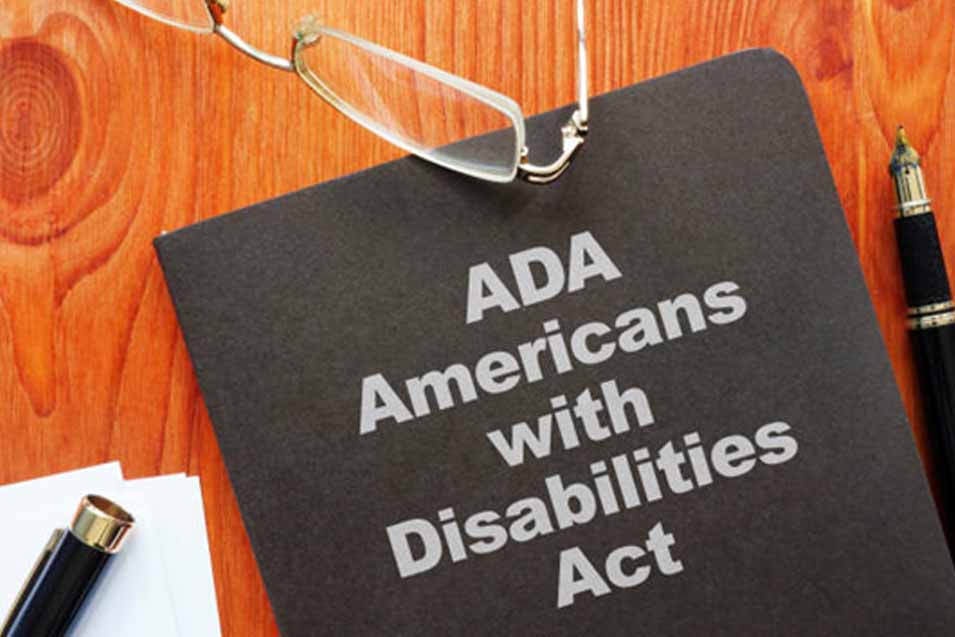
Getting sick is unavoidable sometimes. It makes you feel lousy and disrupts your daily life in several ways. If it isn’t taking cold medicine and getting plenty of rest, it’s consulting with a doctor or drinking lots of fluids. The same goes for injuries. They hurt and create inconveniences, on top of requiring extensive recovery time. While no one wants to spend their valuable time nursing themselves back to health, there’s simply no way around it. Losing work time isn’t ideal, and sometimes your employer may require a doctor’s note to excuse your absence and allow you to return to work. When you get a note, you need to make sure it has a few key details before handing it into your HR department. Here are the four most important items to ensure your doctor’s note serves its purpose and has a professional presentation.
When To Get a Doctor’s Note
The inevitably of getting sick is one of several constants in the world. In the event you become sick or injured and need to take time off work or school, you’ll likely need to get a doctor’s note to excuse you from work or class. An employer is allowed to ask for one, assuming they apply the same requirements unilaterally across the entire organization and do not ask for specific personal information. Schools tend to operate under different guidelines, so check with yours to take the appropriate action (only if this applies to your situation, of course). Other reasons to get a doctor’s note might include hospitalization (an extreme case under most circumstances), a long-term absence (such as a bout with Covid-19, the flu, strep throat, or any other infectious respiratory ailment), pregnancy, and situations requiring work accommodations for a disability or injury.
Date and Time
It is pretty important to have a record of when the appointment occurred for time-tracking purposes. Therefore, the document should state clearly the day of the appointment and the time. If you use a telemedicine provider for an online consultation, they typically generate PDF documents that include this information in addition to any diagnosis or prescriptions. Having the date and time of the appointment/consultation of the doctors in itself is a good way to demonstrate to your employer that you did, in fact, go to the doctor to have them examine you for your health concern.
The Doctor’s Recommendation
Having a note that actually states the doctor examined/consulted with you is probably the most important. It’s also crucial to have the doctor’s recommendation that you should not return to work prominently displayed in the body of the note. It can be easily done in a way that does not violate your HIPAA rights and can just be a basic rundown of the doctor’s suggestions. In fact, most notes are as simple as the following statement:
“Patient [X] was seen on [date] and we recommend he/she does not return to work until [end date],” followed by the doctor’s signature. The note can also be more detailed, depending on other factors, but it can’t contain personal medical information that would violate your HIPAA rights. Under the rules enforced by the Equal Employment Opportunity Commission, your employer cannot require specific or unique, personal medical information unless the absence is long enough to invoke the Family Medical Leave Act (FMLA) or become an extended leave. Once you have the note in hand, it acts as a legal document that covers you for these situations.
Absence Start and End Dates
Whenever you get a doctor’s note for work, there’s always the possibility you’ll be absent for a few days. Be sure to have the doctor write down the first day you should be excused and the actual date you can return to work. Because different illnesses last for various durations, this determination is essential for knowing when you are no longer contagious and when you should be recovered enough to return to your duties. The note might state something like, “Please excuse John for [today’s date]. He may not return to work until [the following Monday].”
Necessary Accommodations

Another unfortunate side effect of becoming injured or extremely ill is that it can have an adverse effect on some of the things you do each day. Thus, the need for reasonable accommodation at work or certain workplace restrictions may arise. The Americans with Disabilities Act (ADA) protects you from discrimination or retaliation from an employer if you need accommodations at work. As the ADA clearly states, the accommodation must be effective and useful to help you perform your job duties. The law also protects you from being suspended, terminated, or mistreated by an employer over these accommodations. When the doctor fills out the note, they should list any restrictions – such as do not lift over 50 pounds or work past nine hours.





